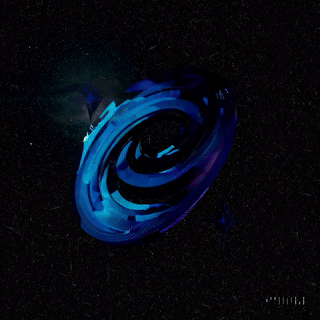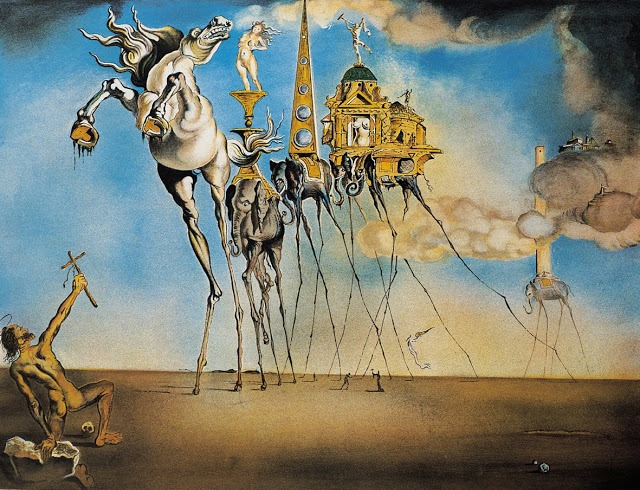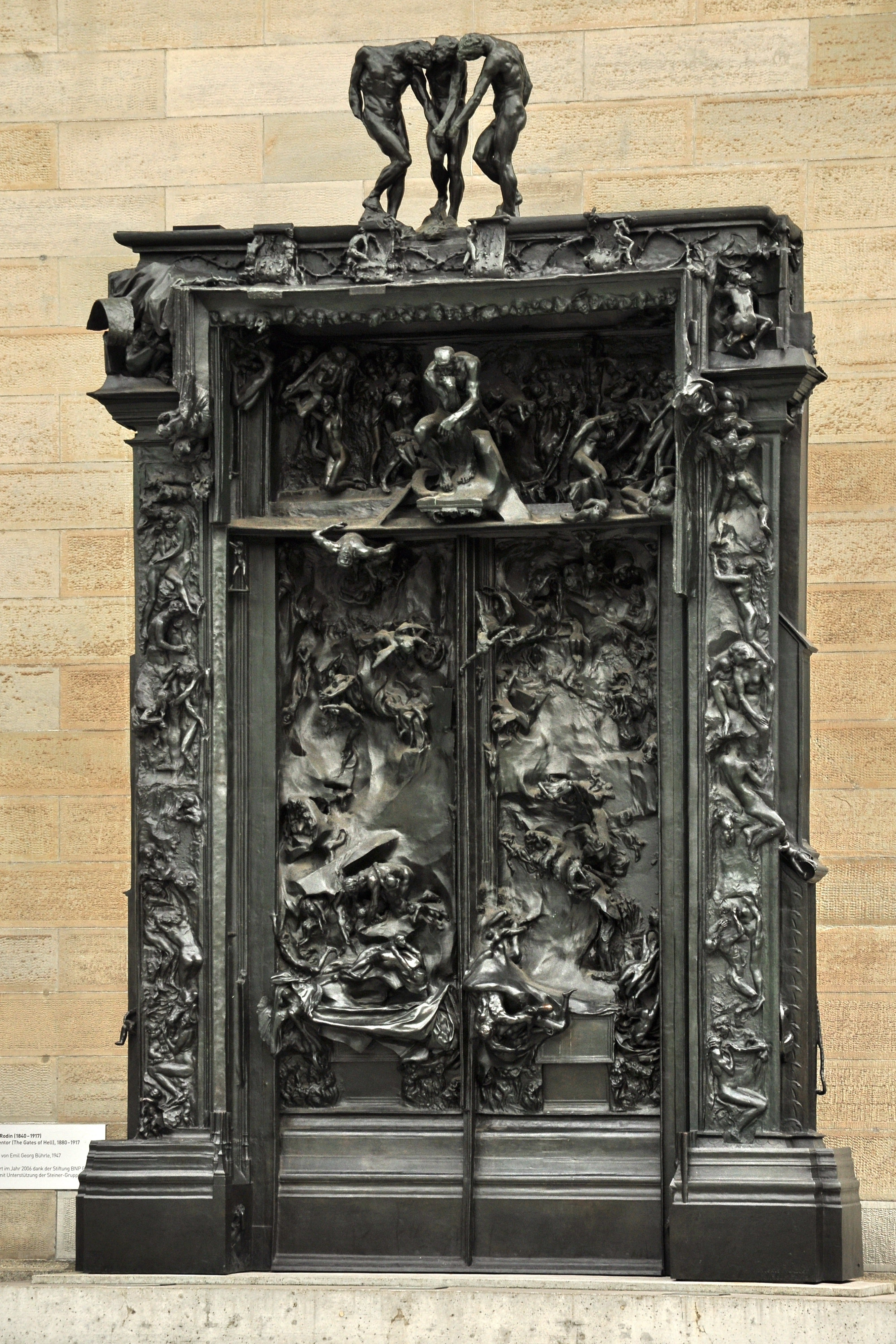Diamonds in the Rough
“A diamond has the highest hardness and thermal conductivity of any bulk material; it can be contaminated by very few types of impurities. Most natural diamonds are formed at high temperature and pressure. A material with superlative physical qualities, most of it original from the strong bonds between its atoms.” -Wikipedia Sometimes, people rise above … Read more

!["Rough diamond" by Unknown USGS employee - Original source: USGS "Minerals in Your World" website. Direct image link: [1]. Licensed under Public Domain via Wikimedia Commons - http://commons.wikimedia.org/wiki/File:Rough_diamond.jpg#/media/File:Rough_diamond.jpg](https://elliottelford.com/wp-content/uploads/2015/05/Rough_diamond.jpg)

